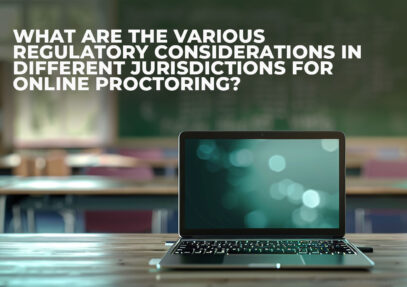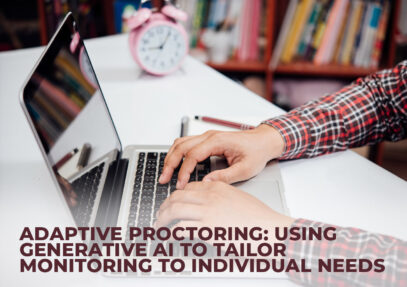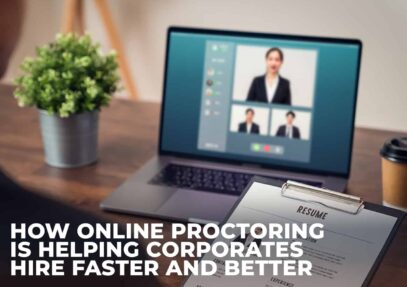
Ever since the advent of cloud computing, SaaS has transitioned into the default mode of choice for digital services at enterprises, irrespective of their size or domain. Cost of ownership, flexibility, and broader options are some of the significant reasons why enterprises have an affinity for the cloud.
If you look closely at the past decade, there has been a steady rise in the number of B2C and B2B platform companies in which the core business has been modeled around a SaaS platform. But as competition has intensified, the real measure of success of an enterprise’s SaaS investments has become dependent on how well it can scale in terms of increased digital real estate and ultimately support business expansion.
Scaling Is Not An Easy Task
We have seen stories of SaaS businesses experiencing major growth, especially during the pandemic years. As more customers sway their interests towards digital services, the expected outcome will be an exponential scaling of SaaS businesses. But this doesn’t happen very smoothly.
SaaS businesses can be very tricky in their outlook. Most companies operate and scale not by their own revenue but through an infusion of capital by venture capitalists and other investors. While this trend kickstarted the SaaS boom a decade ago, the pitfalls are now clearly visible as profit projections are near zero for a good majority of SaaS businesses despite having made a sizable presence in the market.
Why Do SaaS Scaling Plans Fail?
In the quest to achieve growth to drive up market valuations, the fundamental understanding of running a business often takes a backseat. Some of the major reasons for the failure of scaling attempts by SaaS companies today are ineffective market study, poor customer experience, lack of continuous innovation, poor choice of technology, and limited fund-raising abilities.
How Can SaaS Businesses Scale Successfully Today?
As the competition rises and market dynamics continue to pose significant threats to the expansion plans of businesses worldwide, enabling your SaaS platform to scale successfully requires a more holistic end-to-end focus and strategic direction. Here are three tips to ensure a sustainable scaling roadmap for your SaaS platform:
1. Do Your Homework Before The Launch
Many business owners may have a great idea, but pushing it out into the market via a SaaS route requires detailed and strategic research about its intended growth trajectory.
- Identify how potential customers are behaving in the market
- Get insights into their actual needs
- Study your competitors
- Find out what technology works best for your idea
- Evaluate potential growth scenarios with actual numbers from reliable research trends and reports available in the market
The essence of doing your homework before launching the SaaS platform into the market is to ensure that it fits well in the target customer scenarios and can quickly connect with customers’ needs. This will help create an ideal roadmap to scale the SaaS business post-launch in alignment with the market’s needs, thereby guaranteeing success and ROI.
2. Choose Your Technology Wisely
Once the foundation of growth has been laid out with proper research, the next most critical element of guaranteed success for a SaaS business is the SaaS technology itself. You can either build your own SaaS platform or assemble one with ready-to-deploy 3rd party SaaS offerings in the market or go for a hybrid approach involving both.
Irrespective of the choice, the platform technology needs to be evaluated for suitability with your potential growth roadmap as identified in the previous stage. Find out if the technology selected allows you to scale up in storage, performance, computing, availability, reliability, and other salient characteristics that are benchmarks of successful SaaS scaling.
3. Keep the Customer At The Heart
Most SaaS businesses run behind the revenue opportunities that come with scaling. The problem here is that they may lose focus on how the increasing customer base is being treated within their core SaaS business platform. Did you know that 53% of customers will leave a website if it takes more than 3 seconds to load on their smartphones?
Your SaaS application is no different in this regard. If the consumer-facing side of your app or platform isn’t guaranteeing a performance matching the scale of user growth, the experience quotient will go down, ultimately taking your business down with it. The tip here is to always keep customer experience as the key element while implementing any scaling initiatives.
In A Nutshell
As the title says, “In SaaS, You’re Either Scaling or Failing.” But the deeper meaning of this statement implies that you must scale but ensure that the scale is sustainable, manageable, reliable, and efficient. The single biggest entity that can decide the success of scaling for a SaaS business is the data.
As such, it is critical to ensure that you select the absolute best components and best practices to leverage the data – about customers and partners – to make the most informed decisions at the right time. This is where an experienced technology partner like EnFuse can be a game changer. Get in touch with us to know more.

















Comment